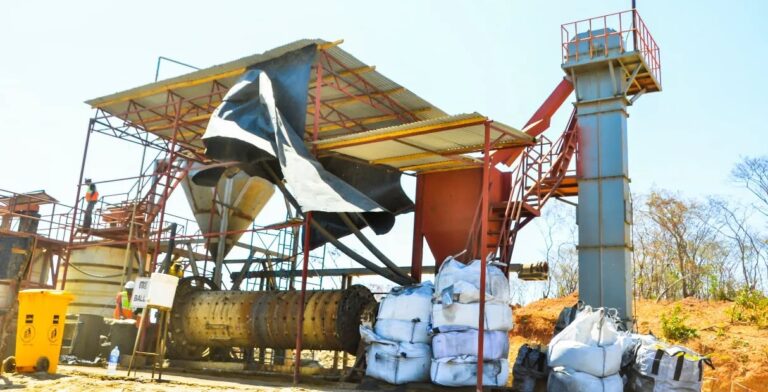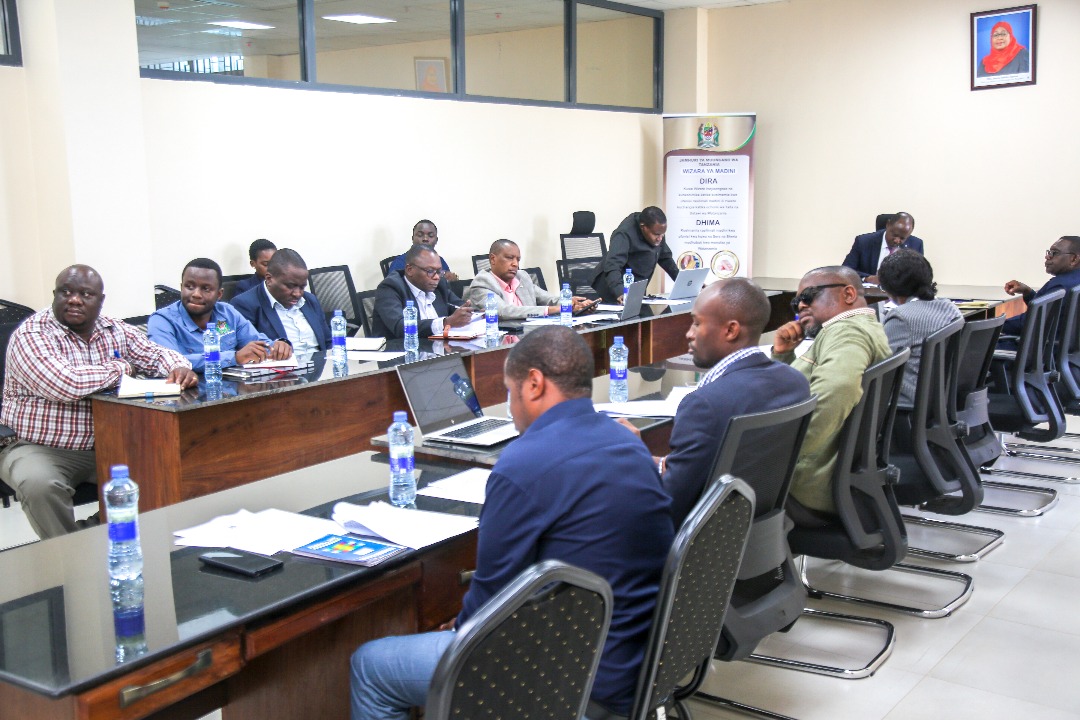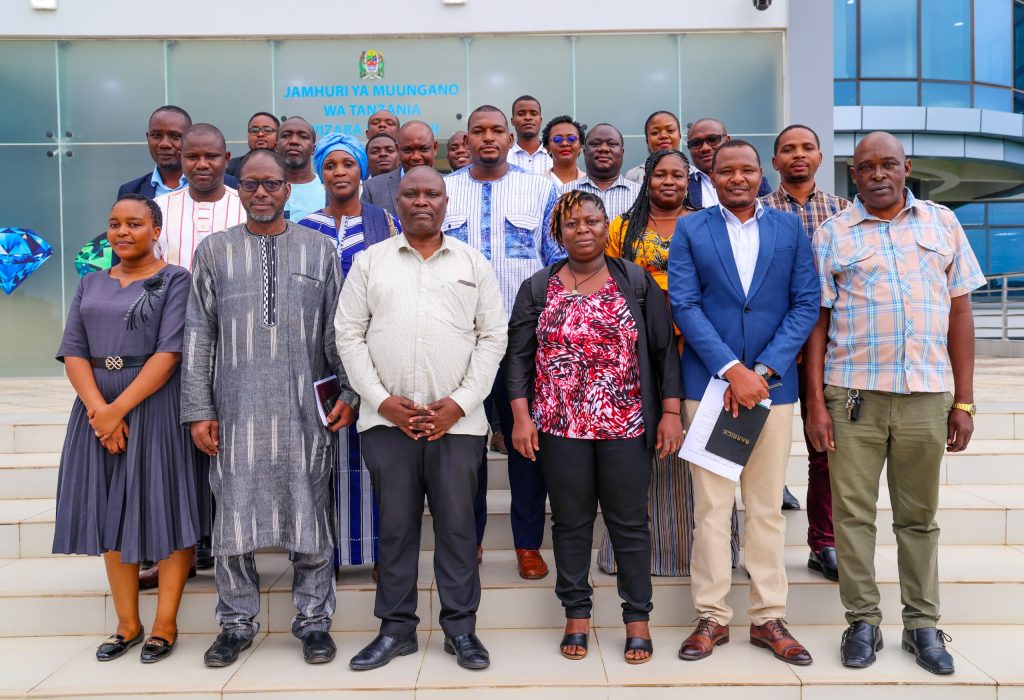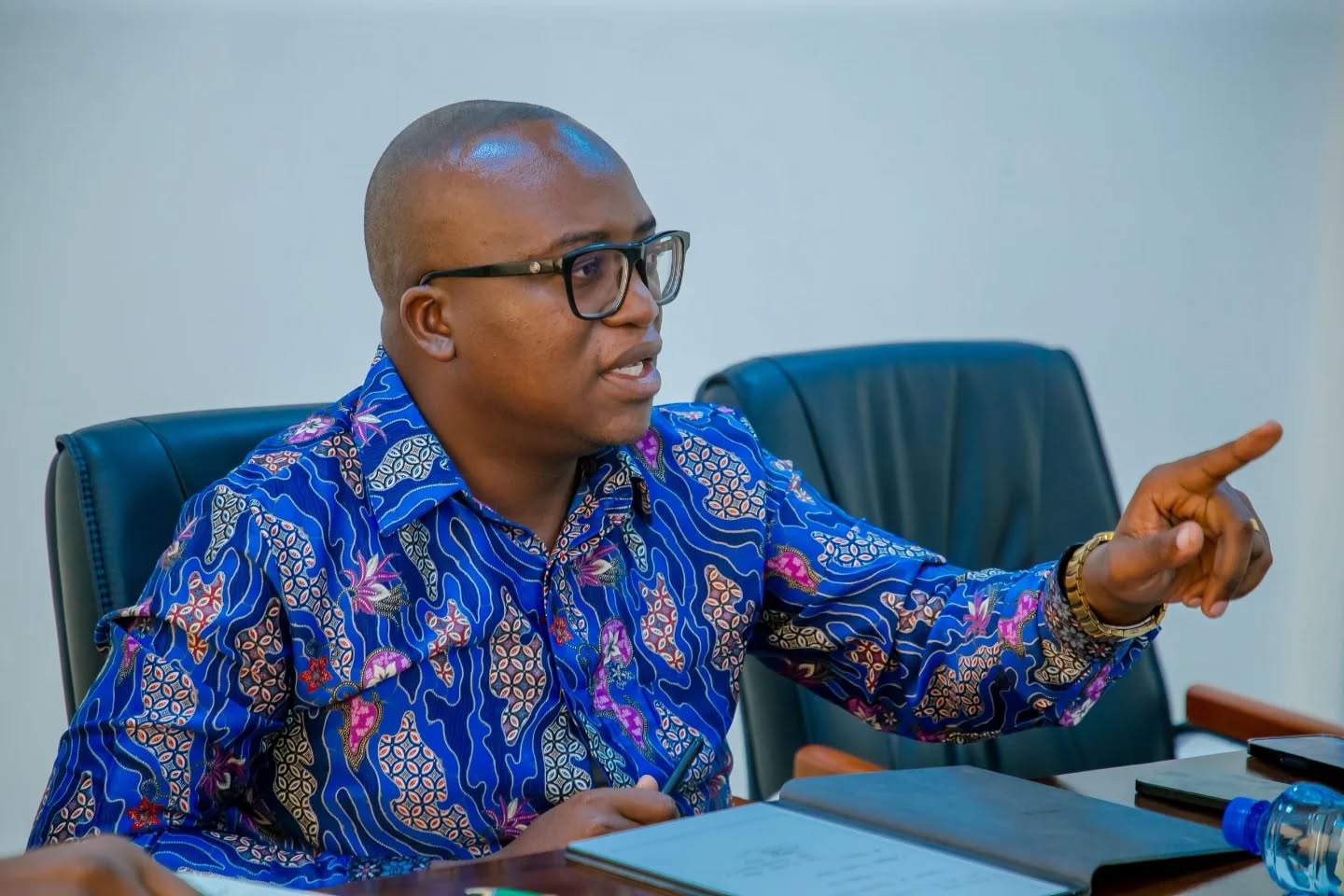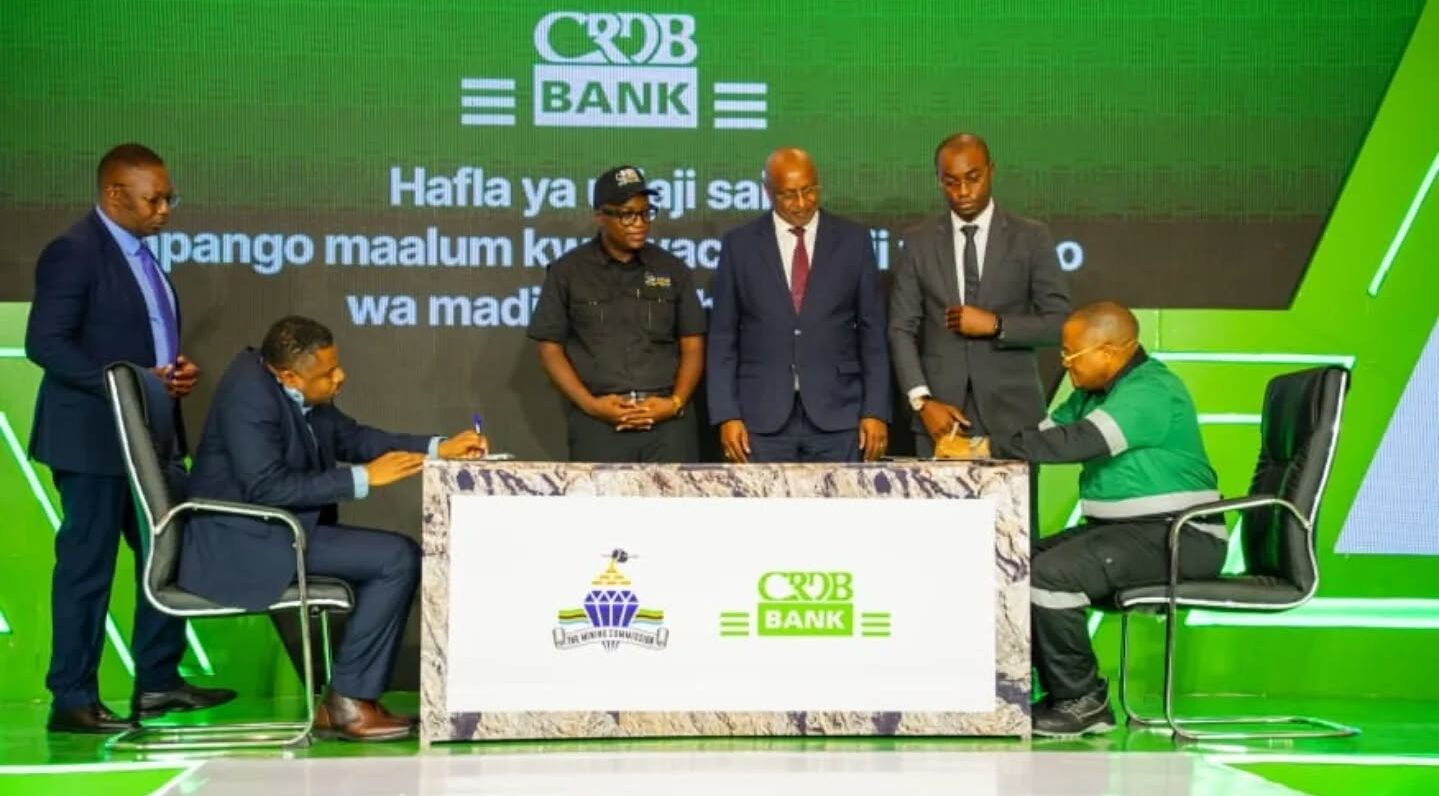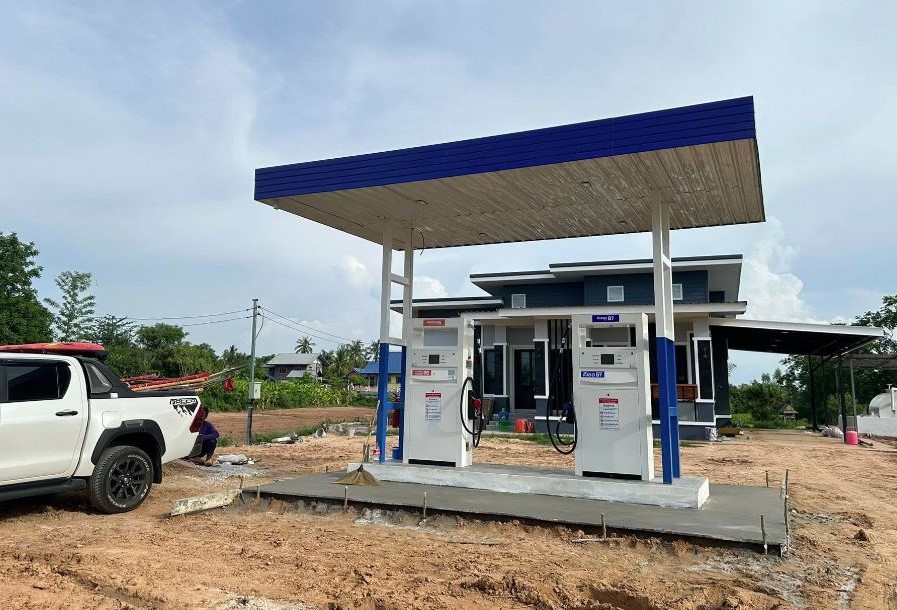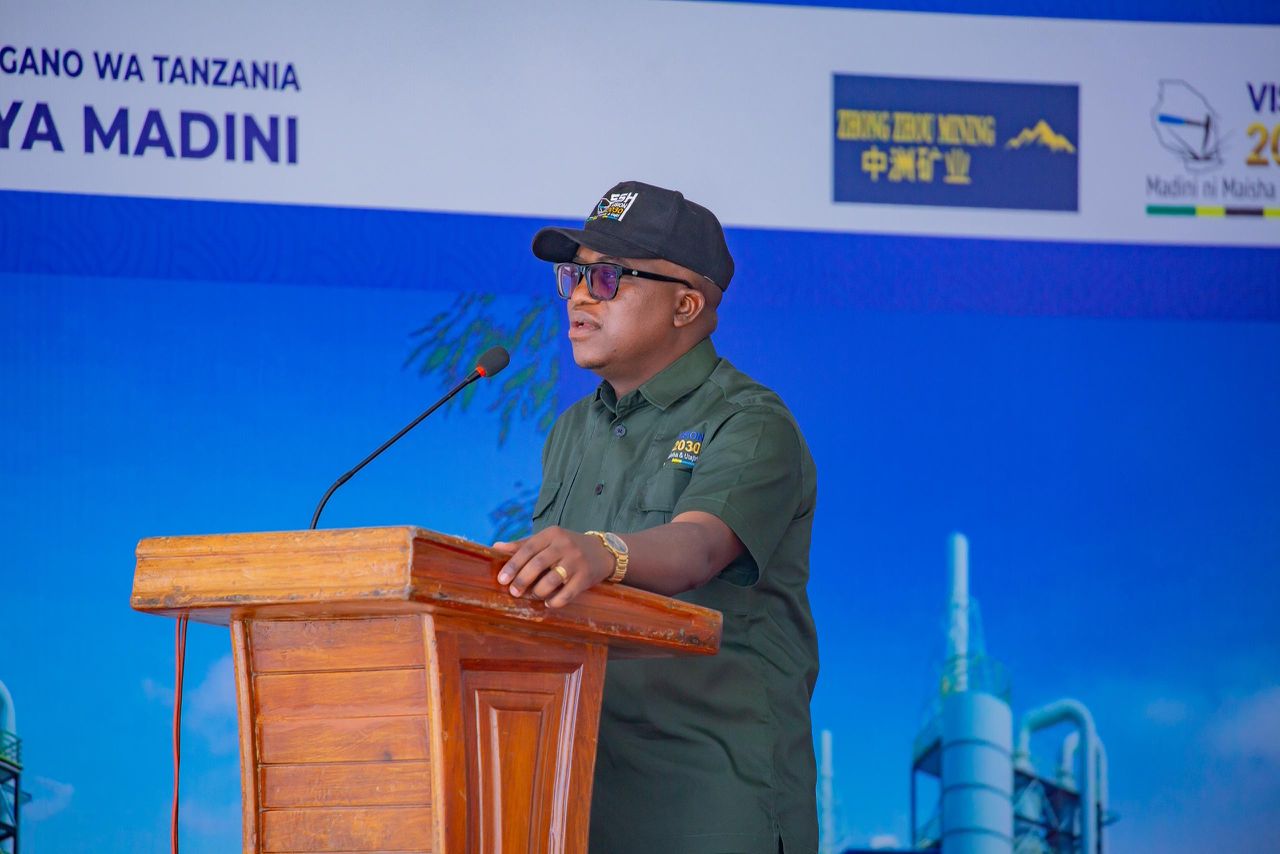Chunya. Tanzania’s journey towards mineral beneficiation has taken a major leap forward following the establishment of the country’s first modern copper processing plant in Chunya District, Mbeya Region.
The plant, owned by Mineral Access Systems Tanzania Ltd (MAST), marks a milestone in the government’s vision to add value to mineral resources before export.
Veteran miner, Benson Gabriel Mwakilembe, popularly known as Tall, is one of the visionaries behind this transformation.
A long-time gold prospector turned copper industrialist, Mwakilembe’s story mirrors the evolution of Tanzania’s mining sector, from small-scale extraction to industrial processing.
“I’m done with gold; my focus is now on copper. Tanzania has more copper than even Zambia. We must treat it as a major economic endeavour, the markets are there,” Mwakilembe told Madini Diary, a publication of the ministry of Minerals.
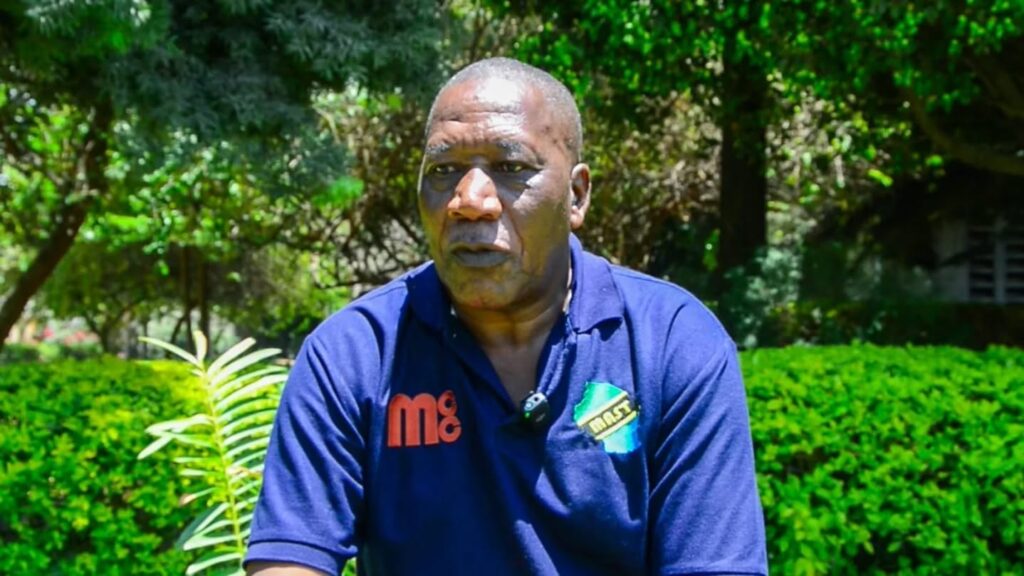
The MAST plant was inaugurated on June 18, 2025, by Prime Minister Kassim Majaliwa, who described it as a landmark investment that placed Tanzania on the global copper map.
He said the facility reflects the government’s commitment to mineral value addition and demonstrates the country’s favourable investment climate.
According to the Resident Mines Officer for Chunya, Engineer Laurent Mayala, the plant has, since its establishment in April 2025, produced more than 810 tonnes of copper worth Sh10.3 billion, of which Sh594 million has already been remitted to the government.
MAST’s Director, Godfrey Kente, said the plant processes low-grade copper ore with concentrations between 0.5 and 2 percent, upgrading it to 75 percent purity through advanced leaching and cementation technology.
He added that the company plans to establish three more copper plants in Manyara, Ruvuma, and Dodoma, each expected to create over 500 jobs and contribute $40 million annually to the economy.
Mr Mwakilembe lauded the Ministry of Minerals for its unwavering support, singling out Minister Anthony Mavunde, Permanent Secretary Samamba, and officials from the Mining Commission for their hands-on role in helping MAST realise its vision.
“This factory is the result of teamwork and leadership commitment. The ministry stood with us every step of the way,” he said.
He also called upon the State Mining Corporation (Stamico) to collaborate with financial institutions to provide loans to small-scale miners using valid exploration licences as collateral.
“Let miners access credit through their licences. Also, the government should ensure that mining equipment reaches artisanal miners, and research costs are reduced,” he urged.
Founded in 2011, MAST is a Tanzanian company co-owned by local investors and MCC of New York, USA, representing a total investment of over $10 million.
Reflecting on his personal journey, Mwakilembe said the mining sector has transformed his life.
“Mining has changed everything for me. I now own passenger buses from Tunduru to Mbeya, and I travel by air, something I never imagined, since I never had the privilege of higher education,” he remarked.
He added that the ban on raw copper exports under the Fifth Phase Government, though initially viewed as a setback, eventually inspired the establishment of domestic refining facilities.
“That policy forced us to innovate. Now, for the first time in history, Tanzania is refining copper domestically and exporting copper cement,” he said.
As Tanzania pursues its Vision 2030, Mwakilembe believes the mining sector remains central to national prosperity.
“Mining is life, it is wealth,” he concluded, noting that Chunya’s transformation stands as a vivid symbol of what can be achieved through local investment, innovation, and effective governance.

